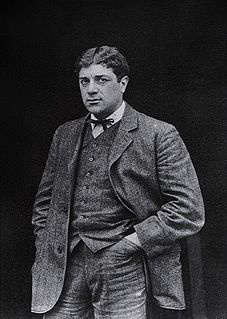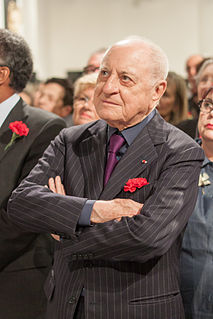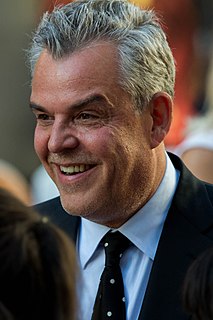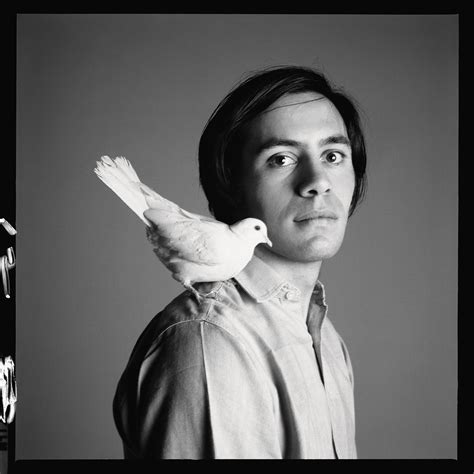A Quote by Georges Braque
If we had never met Picasso, would Cubism have been what it is? I think not. The meeting with Picasso was a circumstance in our lives.
Related Quotes
Picasso and Matisse were the guys I wanted to get away from, and cubism is all still lifes. Their paintings are all closed drawings. And still life is a perfect form for that. By the mid-'50s, I sort of dropped the still life. The large picture was a way of getting around them, too. The abstract expressionists were also into the large form because it was a way of getting around Matisse and Picasso. Picasso can't paint big paintings. Matisse didn't bother after a certain point.
I carried on buying paintings, works of art, and Yves Saint Laurent, if I may say so, had a right of inspection. We even shared a common reading of the history of art. It would never have crossed Yves's mind to say to me, "Ah, I saw a Pablo Picasso . . ." He knew perfectly well what was interesting with Picasso, as did I.





































